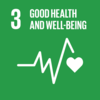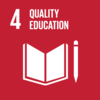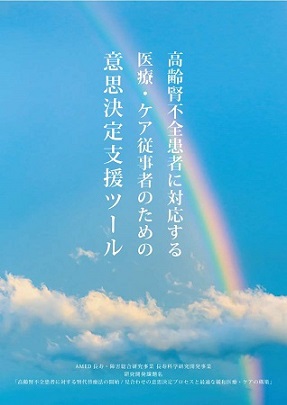Research and Education focused on Death & Life Studies and Practical Ethics in clinical settings


Kaoruko Aita
Graduate School of Humanities and Sociology
Uehiro Division, Center for Death and Life Studies and Practical Ethics Project Professor
The University of Tokyo’s Faculty of Letters and Graduate School of Humanities and Sociology has been promoting research and educational activities in the field of death and life studies since 2002. We are bringing the knowledge of death and life studies to clinical settings, and by continuously communicating with practitioners in the field, we are giving back to society while jointly creating knowledge of clinical ethics as a new applied ethics that suits the times, culture, and society. Clinical ethics is ethics practiced by medical and care professionals as a team in order to provide medical treatment and care while respecting each patient and facility user as a person.
As part of our activities, in addition to university-wide, cross-disciplinary classes for undergraduate and graduate students on campus, we also provide recurrent education (lifelong learning) to medical and care professionals nationwide through online "Death and Life Studies in Clinical Settings and Clinical Ethics Seminars", "Death and Life Studies Seminar for Medical and Nursing Care Professionals", symposiums on end-of-life care, and face-to-face "Clinical Ethics Seminars" held throughout Japan as recurrent education (lifelong learning), thereby providing practical knowledge for clinical practice. In fiscal 2023, a total of about 6,500 medical and care workers participated in the program.
Additionally, in collaboration with researchers and practitioners outside the university, we have created various decision support guides for medical and care professionals, and we have been involved in the development of clinical ethics guidelines for multiple academic societies for physicians and surgeons.
Through the publication of "Decision-Making Process Notes" to support clinical decision-making, we have provided citizens with the knowledge to respond wisely to advanced medical technology in the super-aging society.
Our goal is to continue to think together with medical and care professionals and citizens, generate new knowledge, and promote welfare by utilizing it to create a healthy society where people can live while learning together.
As part of our activities, in addition to university-wide, cross-disciplinary classes for undergraduate and graduate students on campus, we also provide recurrent education (lifelong learning) to medical and care professionals nationwide through online "Death and Life Studies in Clinical Settings and Clinical Ethics Seminars", "Death and Life Studies Seminar for Medical and Nursing Care Professionals", symposiums on end-of-life care, and face-to-face "Clinical Ethics Seminars" held throughout Japan as recurrent education (lifelong learning), thereby providing practical knowledge for clinical practice. In fiscal 2023, a total of about 6,500 medical and care workers participated in the program.
Additionally, in collaboration with researchers and practitioners outside the university, we have created various decision support guides for medical and care professionals, and we have been involved in the development of clinical ethics guidelines for multiple academic societies for physicians and surgeons.
Through the publication of "Decision-Making Process Notes" to support clinical decision-making, we have provided citizens with the knowledge to respond wisely to advanced medical technology in the super-aging society.
Our goal is to continue to think together with medical and care professionals and citizens, generate new knowledge, and promote welfare by utilizing it to create a healthy society where people can live while learning together.
Credit: Uehiro Division, Center for Death & Life Studies and Practical Ethics, Graduate School of Humanities and Sociology, The University of Tokyo
Related links
Related publications
- Aita K (ed.), Theory and Practice of Advance Care Planning -Clinical Ethics for End-of-Life Care, University of Tokyo Press, 2024. (In Japanese)
- Shimizu T, Aita K, and Tashiro S (eds.), Theory and Practice of Clinical Ethics, University of Tokyo Press, 2022. (In Japanese)
- Shimizu T and Aita K (eds.), Introduction to Death and Life Studies for Medical and Social Care. University of Tokyo Press, 2017. (In Japanese)
- Aita K, Life-sustaining treatment and clinicians in Japan – medical ethics of mechanical ventilation and PEG tube feeding. University of Tokyo Press, 2011. (In Japanese)
Contact
- On campus:Kaoruko Aita
- Email: dalsjp[at]l.u-tokyo.ac.jp(open to the public)
※[at]=@









